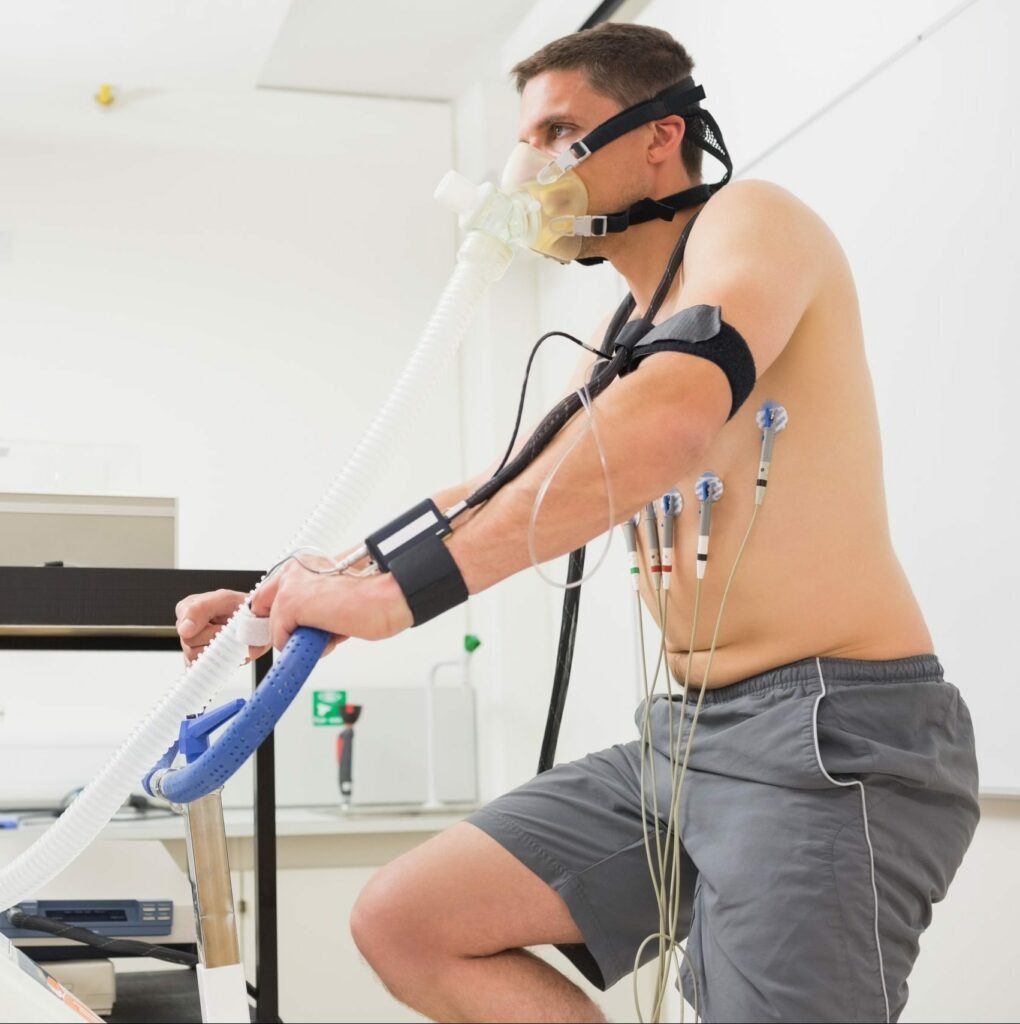RAman SPectrometry Based biomarkER discoveRY for Myalgic Encephalomyelitis (RASPBERRY-ME)

The overarching goal of RASPBERRY-ME project is the characterization of the biomolecular signature of Myalgic Encephalomyelitis using Label-free Raman Spectroscopy (RS) and machine learning models.
Study of COVID-19 survivors’ profiles for detection of ME/CFS (SCOPIMED)

The purpose of this study is to capture a post-COVID-19 infected population willing to participate in phenotyping studies early in the post-COVID-19 illness progression, with an aim of providing targeted effective therapies and preventing the onset and progression of ME/CFS.
Multi-Omics Study of ME/CFS (MAESTRO)

The primary goal of this project is to complete our comprehensive analysis of the genome, methylome, miRnome, and their interactions in order to fill the gaps in our understanding of ME/CFS pathophysiology and to identify clinically useful biomarkers.
Precision Medicine for Myalgic Encephalomyelitis Drug Discovery and ClinicaI Trials (REMEDIAL)
The REMEDIAL project continues the work
commenced with MAESTRO and will lead to a
better understanding of the molecular
mechanisms underlying ME/CFS pathophysiology,
the persistence and variability of the symptoms,
and will contribute to the identification of targets
and therapeutic agents for intervention.
Thrombospondin-1 (TSP-1)

Researchers are actively working to understand the role of Thrombospondin-1, an important biomarker, in those with ME/CFS.
Stress-Activated MicroRNAs

Studying microRNAs could help to bridge the conceptual gap between genetic predisposition and environmental factors causing ME/CFS or exacerbating specific symptoms.
Deep Proteome and Metabolome Profiling
Decode the molecular mechanisms underlying ME/CFS and contributing to specific symptoms with a particular emphasis of post-exertional malaise (PEM). This includes deep phenotyping of ME patients and global proteomic/metabolomics plasma profiling of ME..